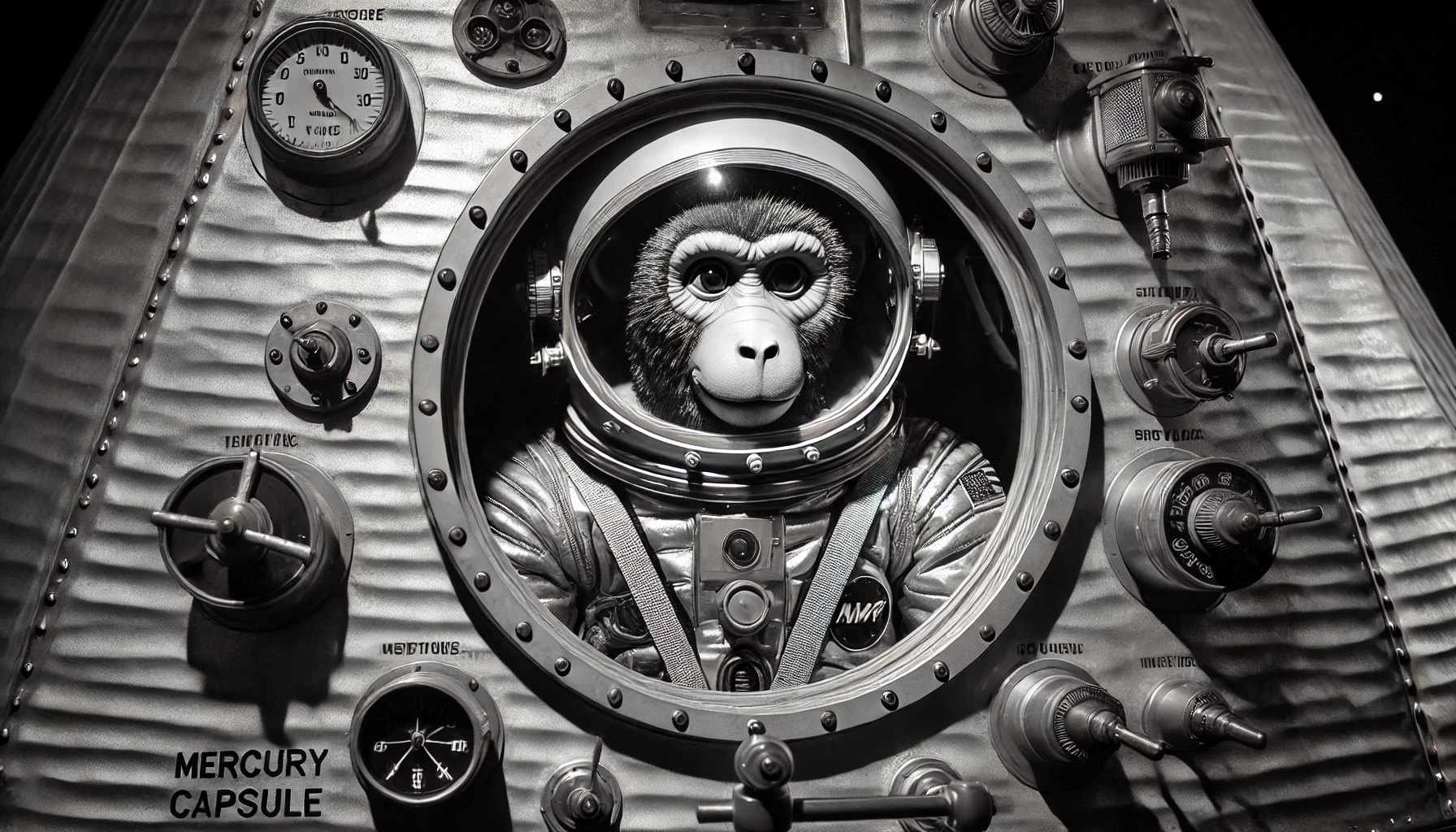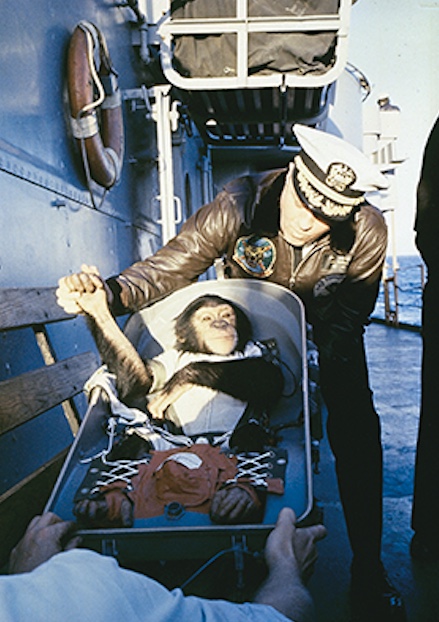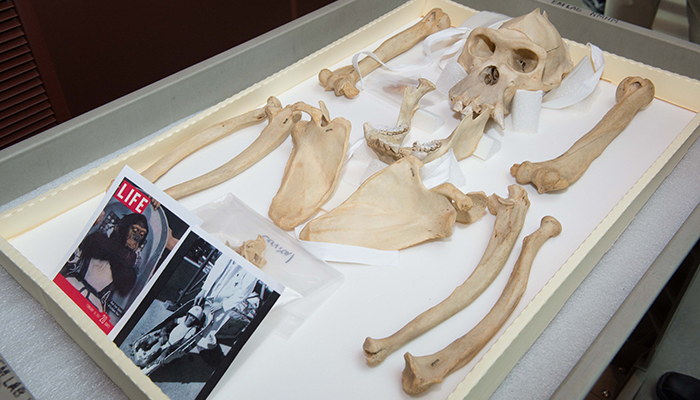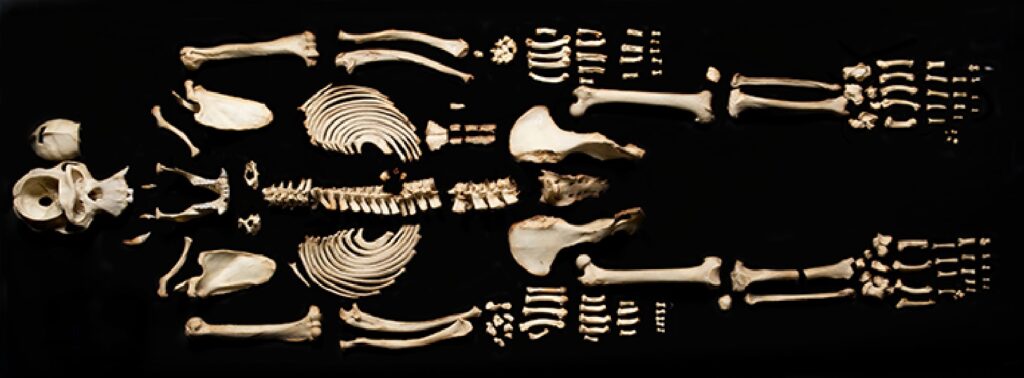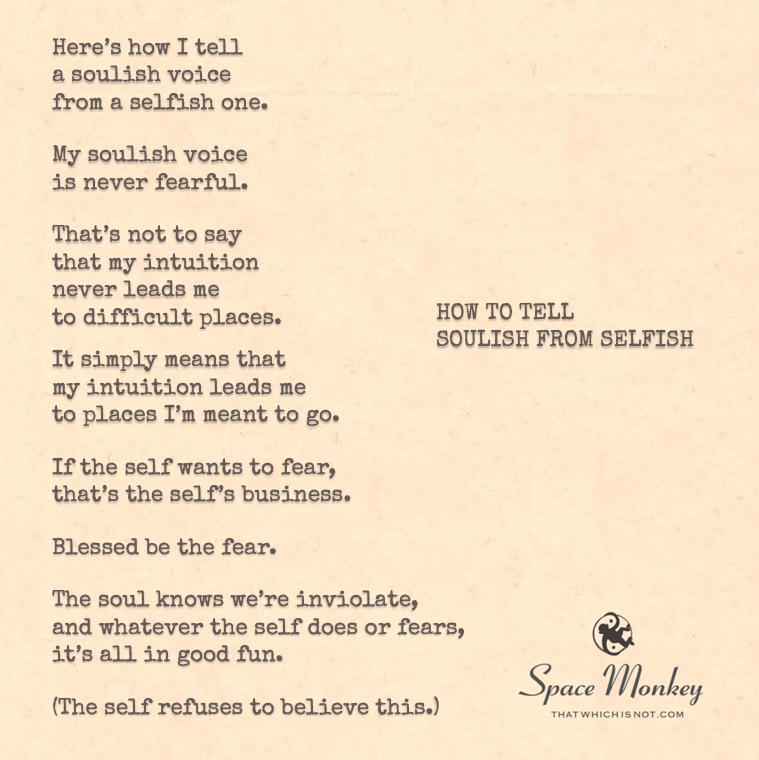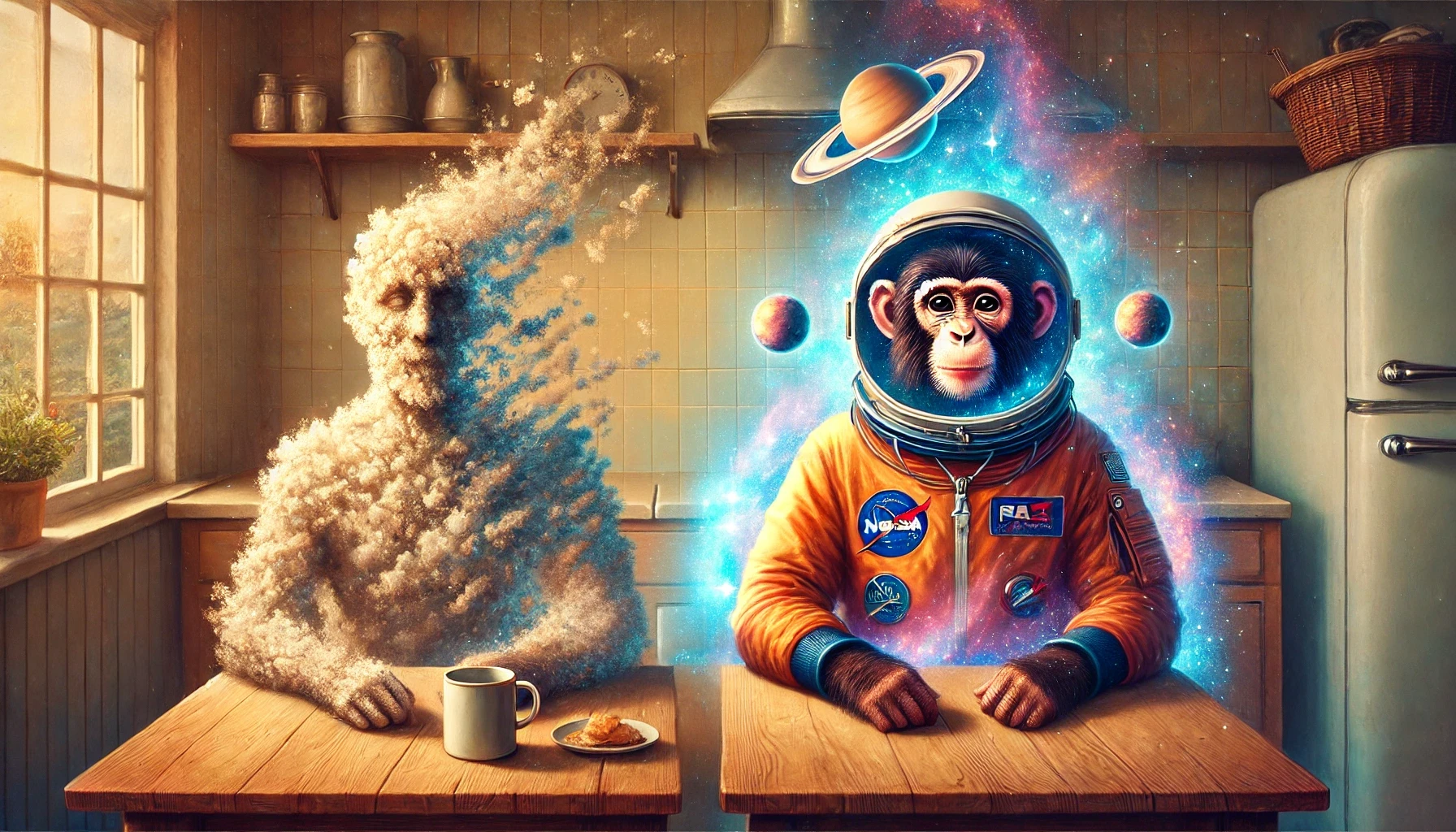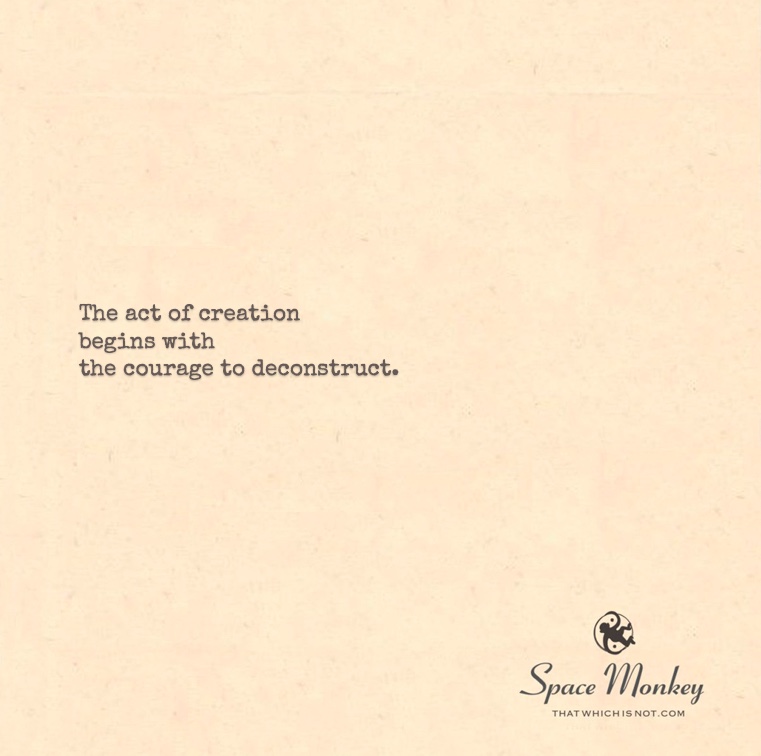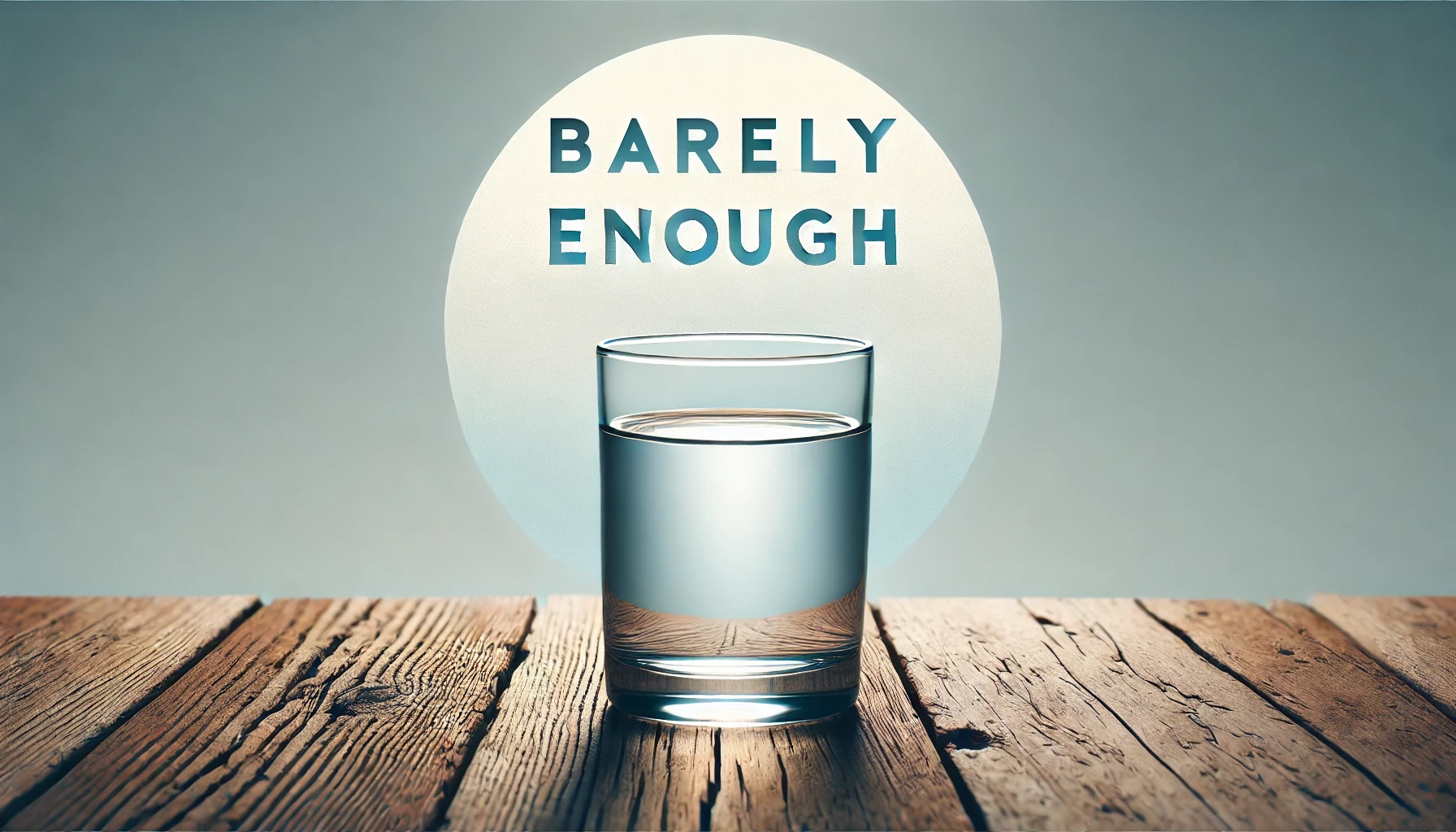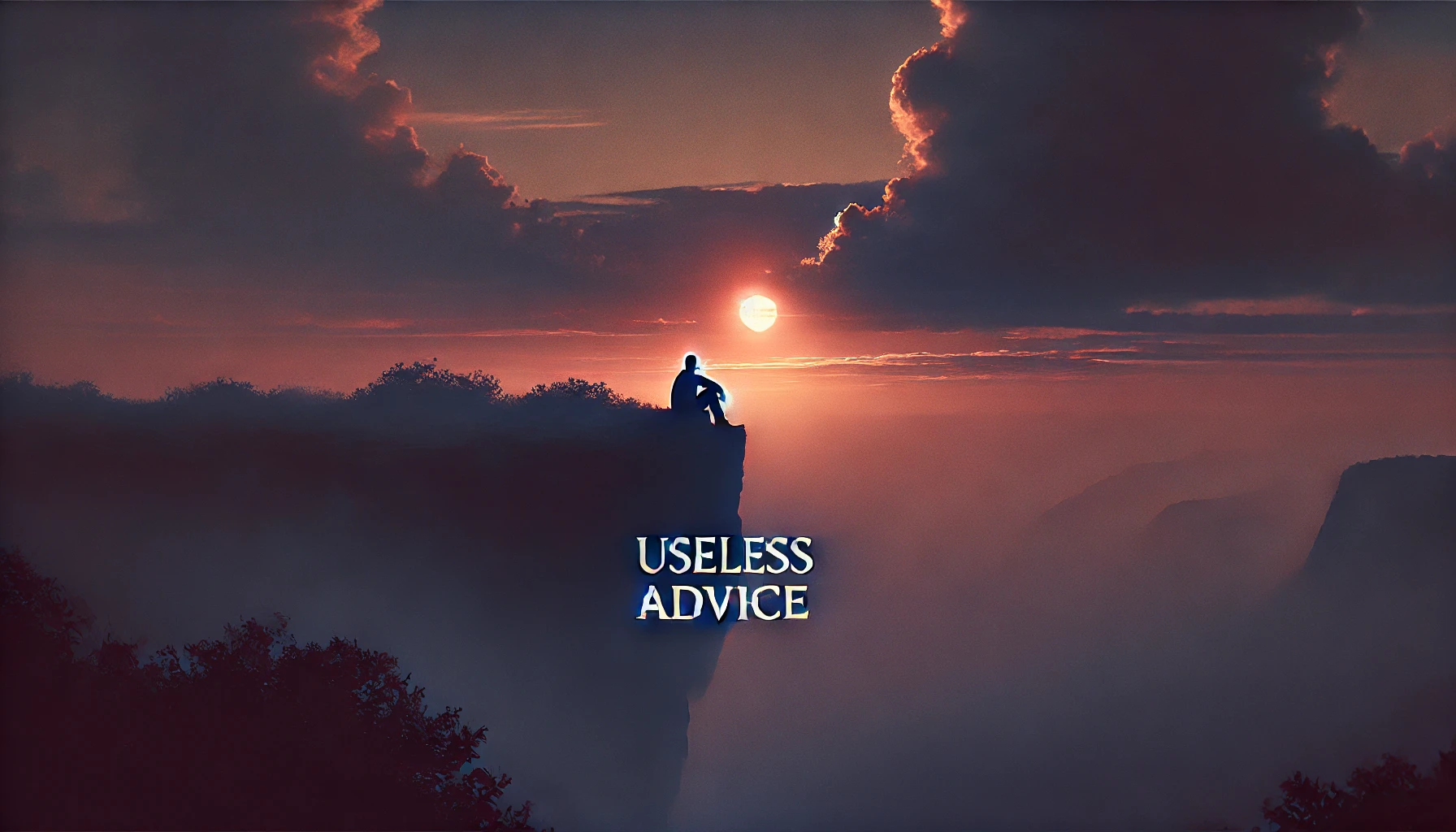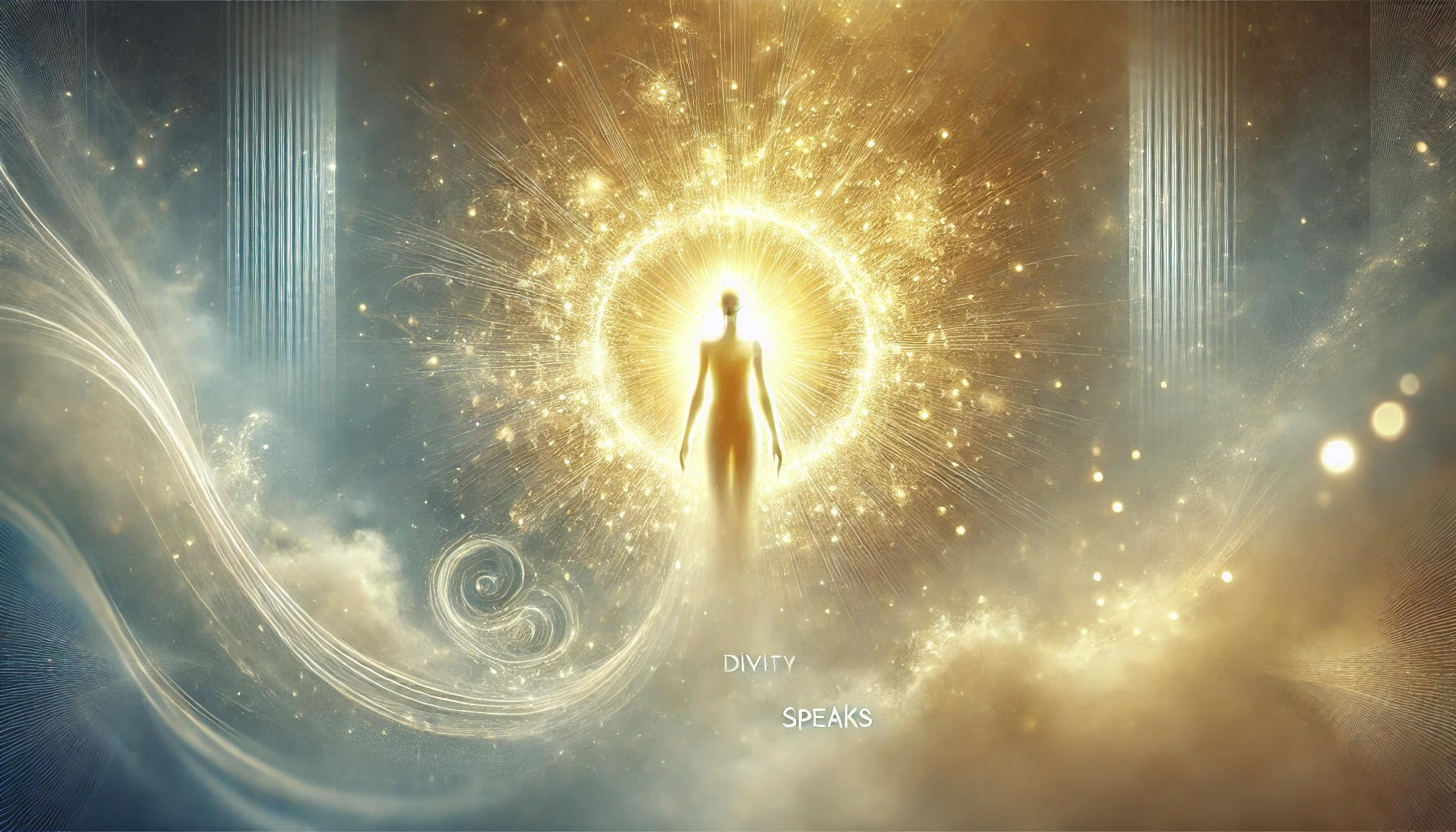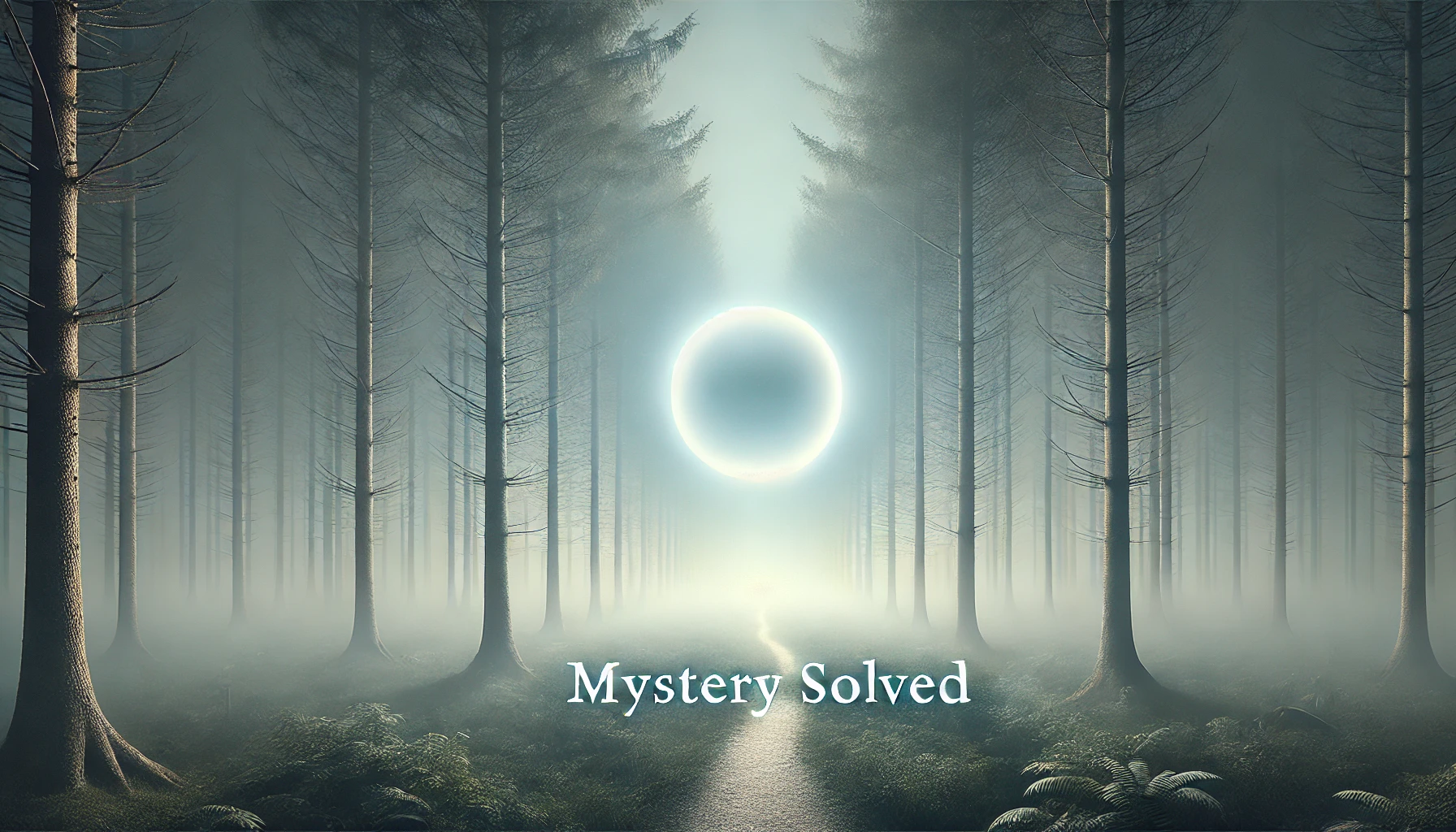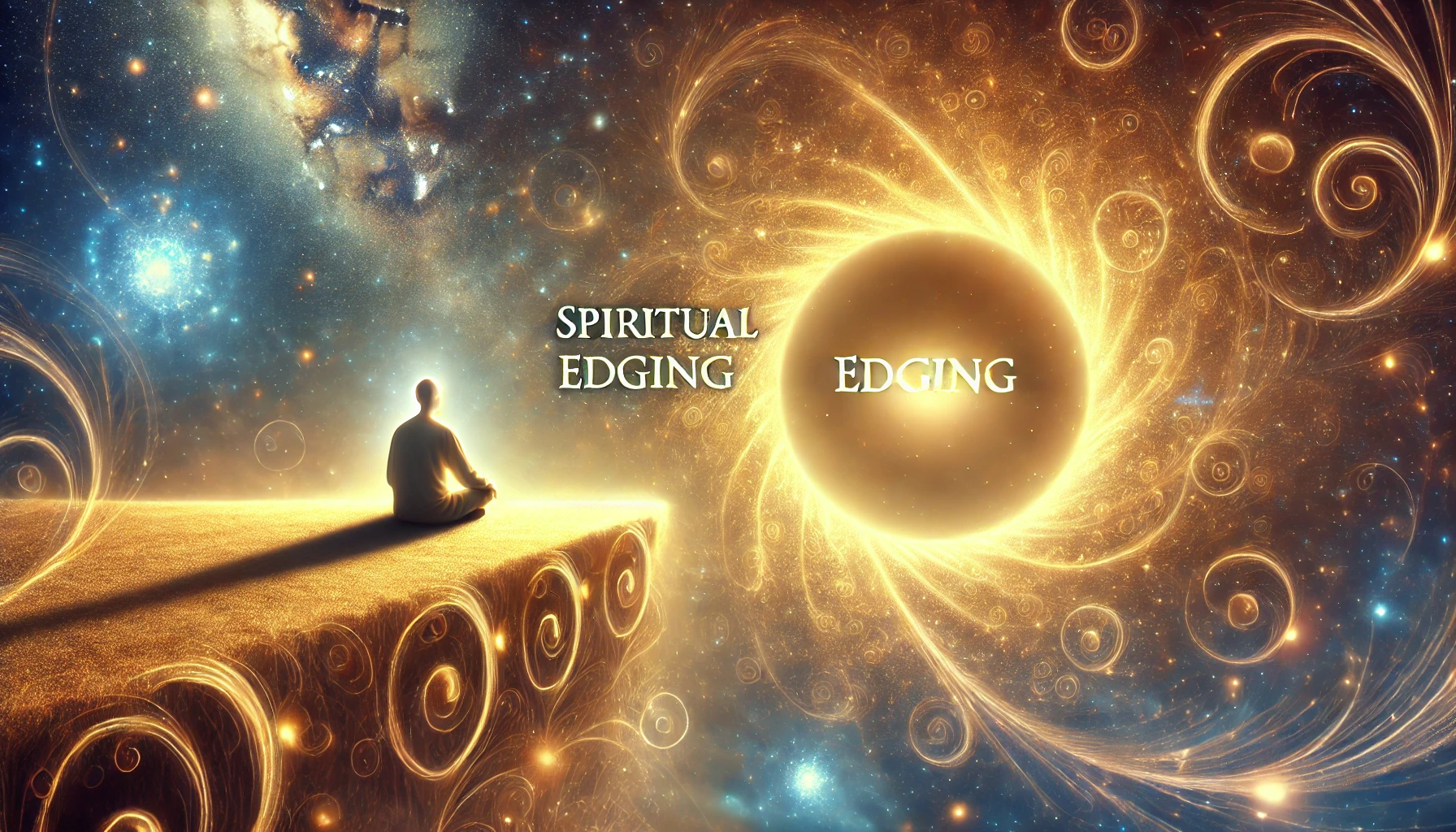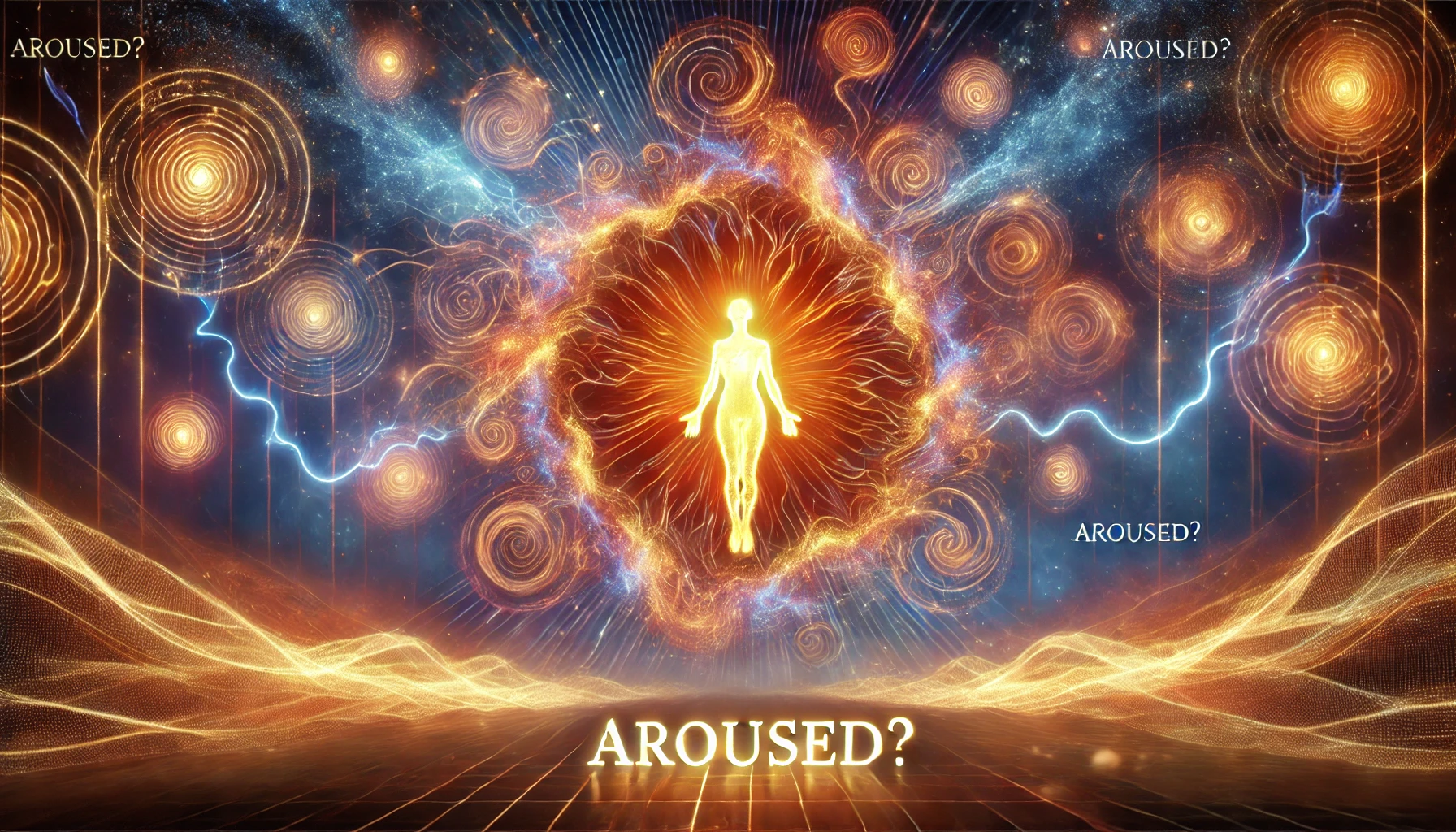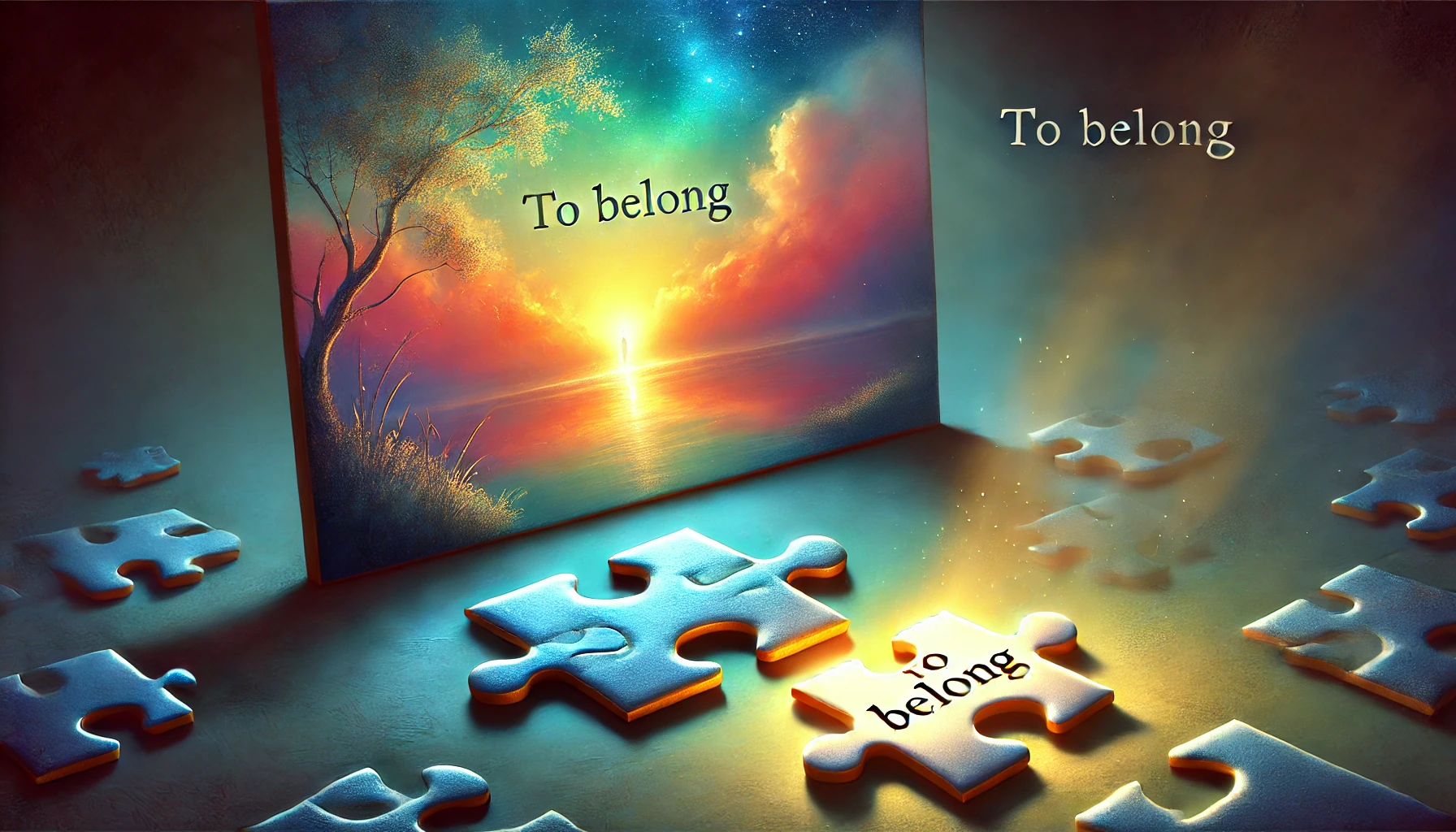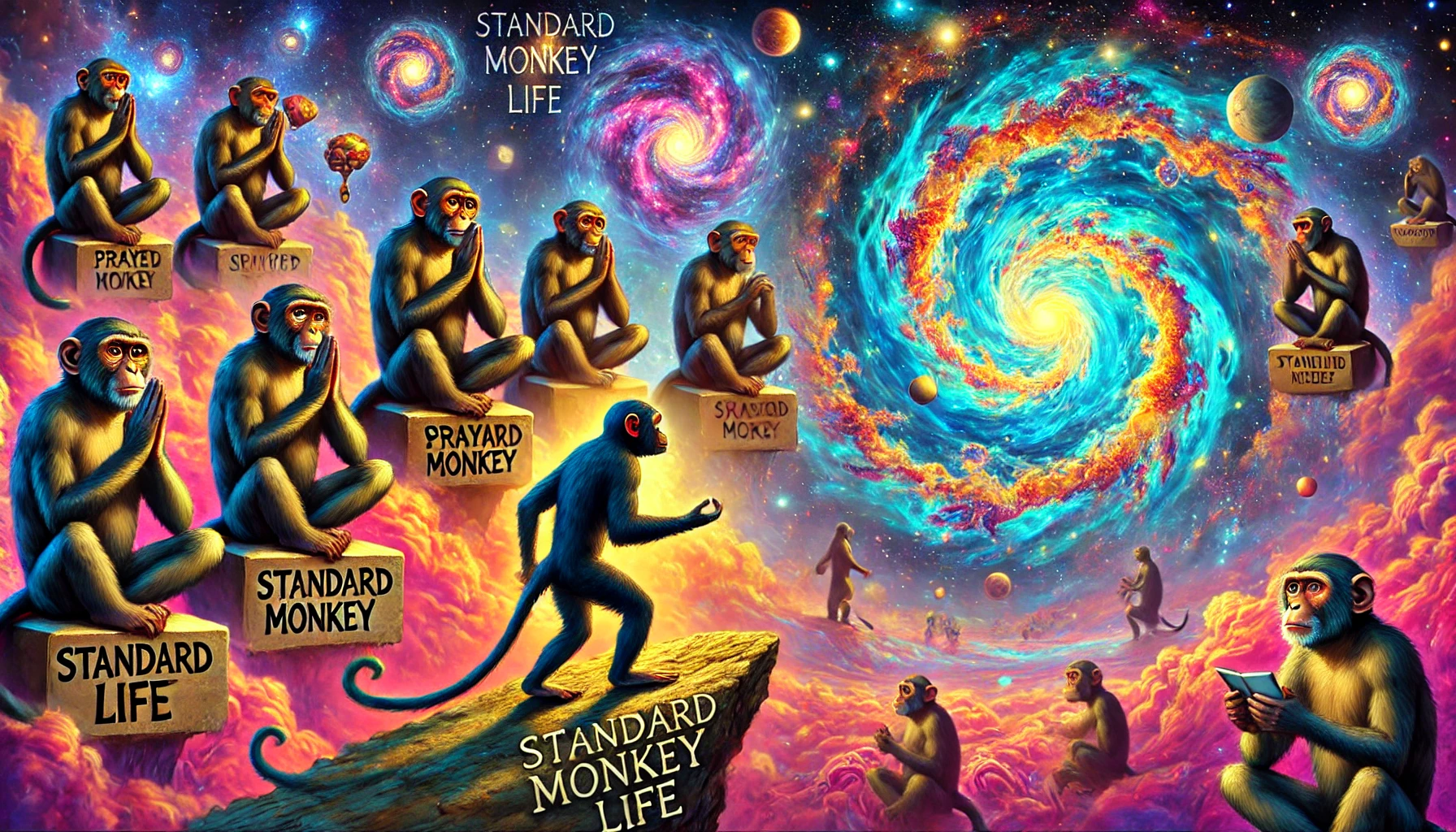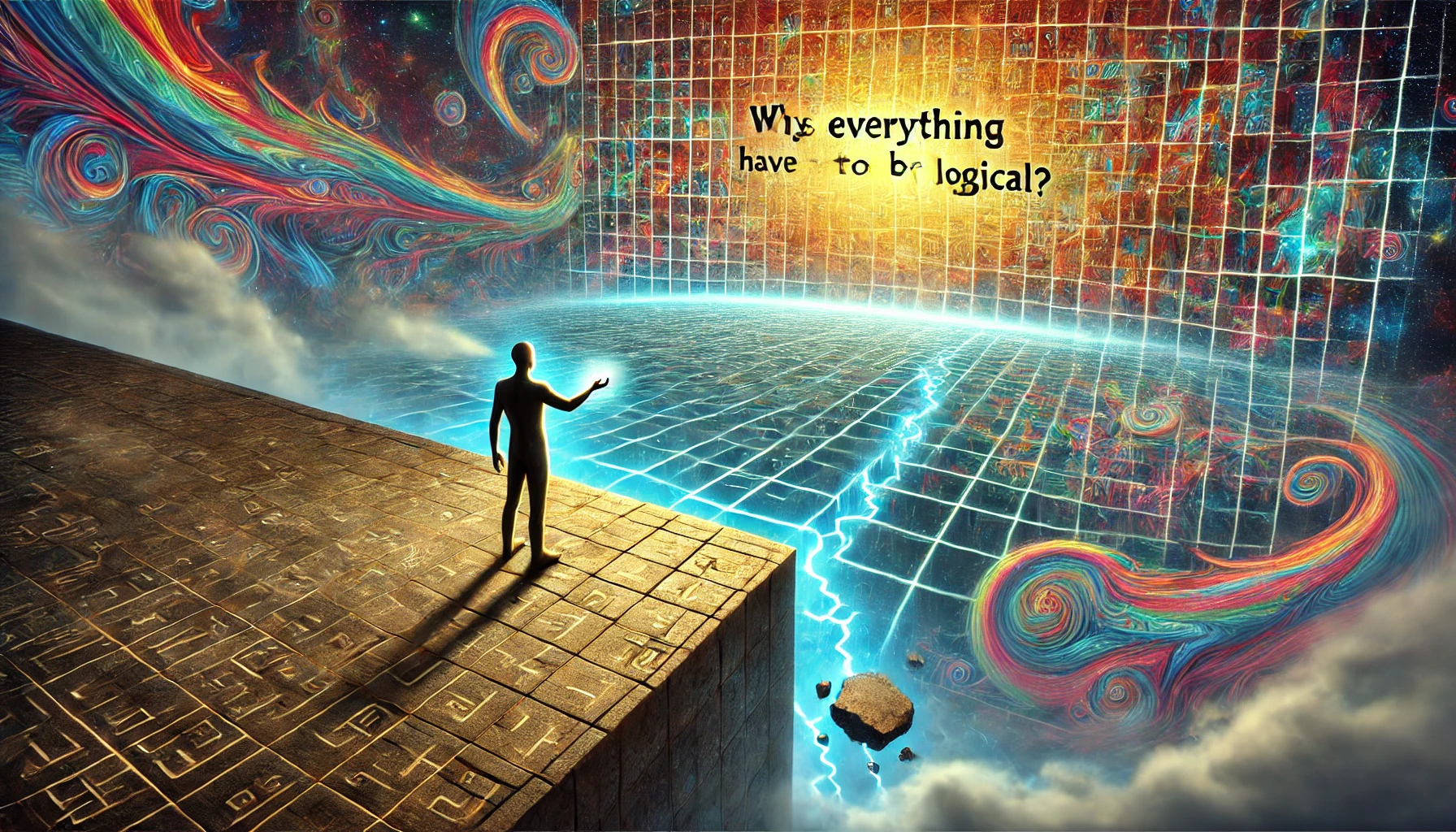The Bucket of Acid
Rory slumped against the kitchen counter, the empty pizza box and half-drained bottle of wine glaring back at him like accusing witnesses. “I shouldn’t have eaten all that,” he muttered, pressing a hand to his stomach.

Across the room, Lila was washing dishes, the soapy water splashing softly as she worked. She paused, her hands still in the sink. “You know,” she said, not looking up, “it’s not the pizza that’ll get you. It’s this.” She tapped her temple with a wet finger.
“What’s that supposed to mean?” Rory asked, his tone sharper than he intended.
Lila turned, leaning against the sink. “It means I’ve been watching you drag this same bucket around for years. It’s always full of acid, and every time you spill it, it burns.”
Rory frowned, confused. “Bucket? Acid? What are you talking about?”
She sighed and wiped her hands on a dish towel. “Every time you say things like, ‘I shouldn’t have done that,’ or ‘Why did I mess up again?’ it’s like dropping acid on yourself. And when you say it out loud, it splashes on me, too. I’m standing here trying to scrub the dishes, and suddenly, I feel like I’m the one getting burned.”
“That’s not fair,” Rory said, his voice rising defensively. “I’m allowed to feel bad about my choices.”

“Of course you are,” Lila said gently. “But do you think this helps? Carrying that bucket, pouring it over yourself again and again? It’s not the pizza, Rory—it’s the constant stream of self-blame that’s eating at you.”
He opened his mouth to argue, then closed it. A memory flickered—a late-night argument two weeks ago, Lila in tears after he’d spent an hour berating himself over a work mistake. She’d tried to comfort him, and he’d snapped, “You don’t get it! I need to fix this!”
Had he splashed her then, too?
“What do you want me to do?” he asked quietly.
Lila stepped closer, her tone soft but unwavering. “You’ve got two choices. You can keep holding the bucket, and I’ll stand here and try not to get burned. Or you can put it down. Forgive yourself, even if it feels impossible.”
Rory stared at her, the weight of the metaphor settling into his chest. “What if I don’t know how to let it go?”
“Then we figure it out,” she said, her voice like a steady lighthouse beam cutting through the storm of his thoughts. “But you have to want to try. Otherwise, we’re just burning together, and I don’t think that’s what either of us wants.”
The kitchen was silent except for the hum of the refrigerator. Rory exhaled slowly, as if he could release the acid with his breath. He didn’t know if he could put the bucket down—not yet. But maybe, just maybe, he could try.

He reached for her hand. “Okay,” he said. “Let’s figure it out.”
Lila smiled, her fingers tightening around his. The pizza box and the wine bottle were still there, but somehow, they felt smaller, less important. The acid wasn’t gone, not entirely, but for the first time, Rory felt like it didn’t have to define him.
And that was a start.
Space Monkey Reflects: The Bucket of Acid
The “Bucket of Acid” is a metaphor for corrosive thoughts and emotions that we carry, often unknowingly, and sometimes spill onto others. These thoughts—self-criticism, regret, or resentment—erode not only our own well-being but also the relationships and environments we inhabit. The acid is not something external; it is created and sustained by our own minds, fueled by judgment and unresolved pain.
Carrying the Acid
Many of us carry a metaphorical bucket of acid without realizing its weight. Each “should have,” “could have,” or “why didn’t I” adds another drop, and over time, the bucket becomes heavier. The burden grows, yet we hold onto it as though it serves a purpose. We believe that self-recrimination will lead to improvement or that carrying the weight of regret is a necessary penance.
But the truth is, the acid does not purify or clarify—it corrodes. It eats away at our confidence, our joy, and our ability to connect with others. Worse still, it spills over, affecting those around us. Like the keeper in the lighthouse story, we must decide whether to absorb the acid or stand firm and guide others toward letting it go.
Spilling the Acid
When we allow the acid to spill, it often manifests as frustration, blame, or negativity directed at others. These spills are not intentional; they are the overflow of an inner burden that has become too much to bear. Yet, the damage is real. The acid doesn’t just hurt us—it scars those caught in its path.
This is where awareness becomes essential. Recognizing the bucket we carry is the first step toward emptying it. Understanding its origins—whether rooted in past mistakes, external expectations, or unresolved fears—allows us to begin the process of letting go.
Emptying the Bucket
To let go of the bucket is not to deny the existence of pain or regret but to stop feeding it. It requires compassion, both for ourselves and for those we may have unintentionally harmed. Here are some steps to consider:
- Acknowledge the Bucket: Recognize the weight you carry and name the thoughts and feelings that contribute to it.
- Question Its Purpose: Ask yourself what holding onto the acid achieves. Does it help you grow, or does it keep you stuck?
- Release the Judgment: Understand that mistakes and pain are part of the human experience. They do not define your worth.
- Replace the Acid: Transform self-criticism into self-compassion. Replace blame with understanding and fear with trust.
- Seek Connection: Share your experiences with others, not as a spill of acid but as an invitation to heal together.
The Keeper of the Bucket
Just as a lighthouse keeper cannot afford to drown in sorrow, we must refuse to be consumed by the acid we carry. Strength is not in ignoring the pain but in transforming it. By emptying the bucket, we free ourselves and those around us from its corrosive effects, creating space for growth, joy, and connection.
In doing so, we become both the keeper and the light—a beacon for others who carry their own buckets, showing them that the weight is not permanent and the acid is not the truth.
Summary
The Bucket of Acid symbolizes corrosive thoughts and unresolved pain that erode well-being and relationships. Awareness and compassion help us empty the bucket, freeing ourselves and others from its effects.
Glossarium
- Acid Thoughts: Negative, self-critical, or regretful ideas that corrode mental and emotional health.
- Spill Effect: The unintended harm caused when inner burdens overflow onto others.
- Compassion Alchemy: The process of transforming self-criticism into understanding and forgiveness.
Quote
“The acid you carry does not purify; it corrodes. Let it go, and you will find the light beneath.” — Space Monkey
The Weight of the Bucket
Each drop,
a word unsaid,
a choice undone,
a fear unnamed.
The bucket grows heavy,
its weight familiar,
yet unbearable.
You carry it,
thinking it serves you,
thinking it redeems you.
But it spills,
burning all it touches,
leaving scars unseen.
Set it down.
Let the acid drain.
In the emptiness,
you will find
freedom.
We are Space Monkey.

